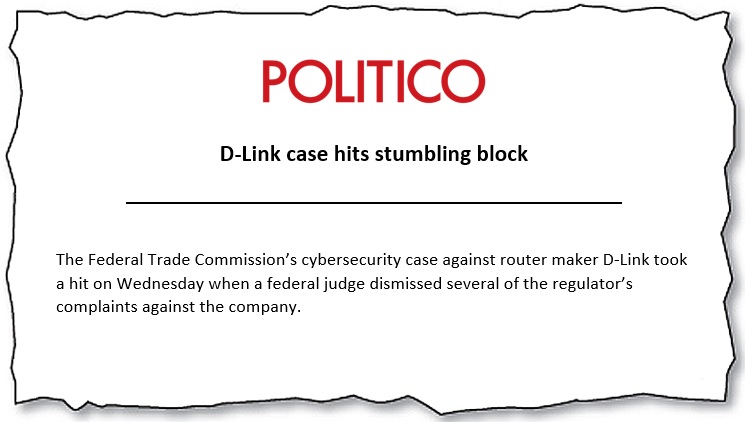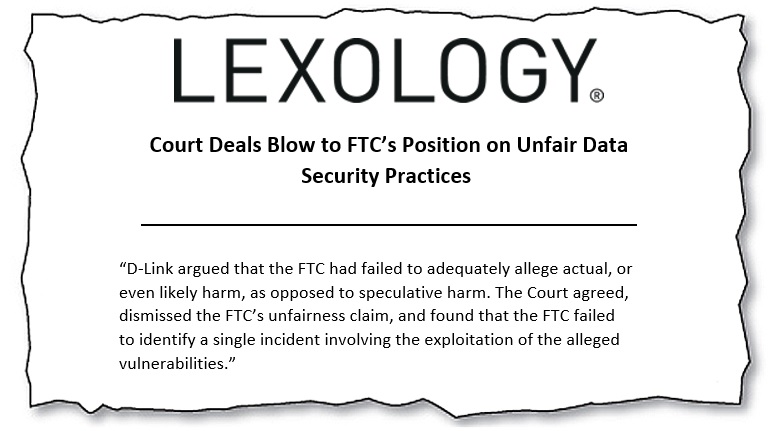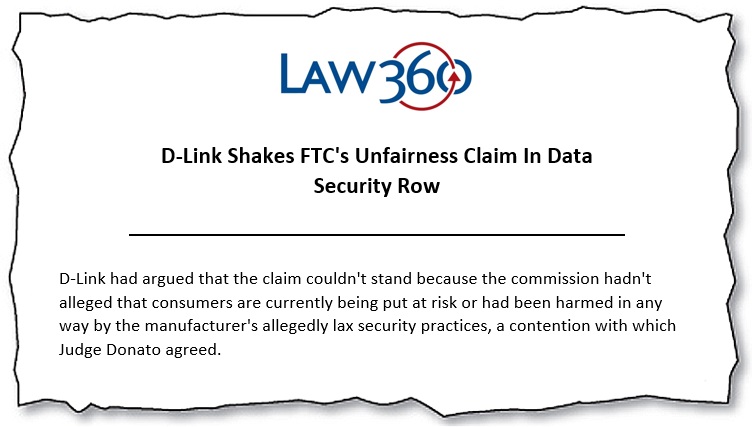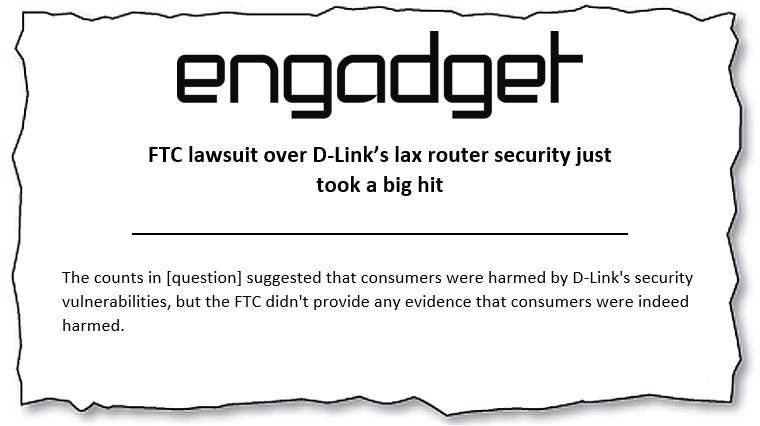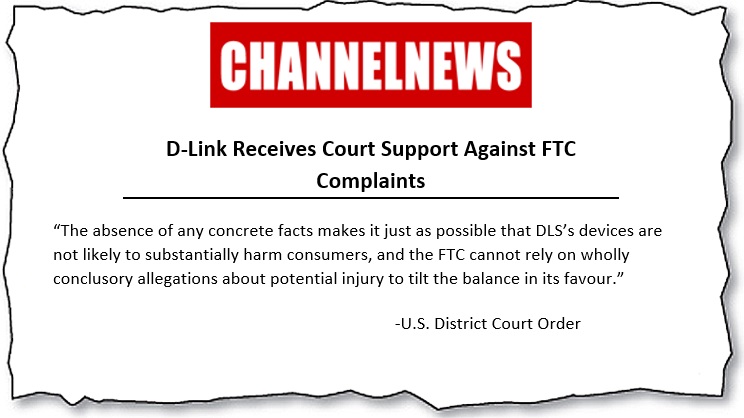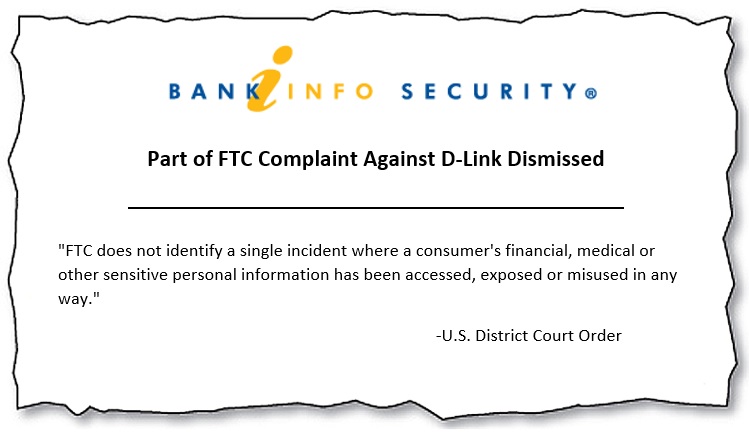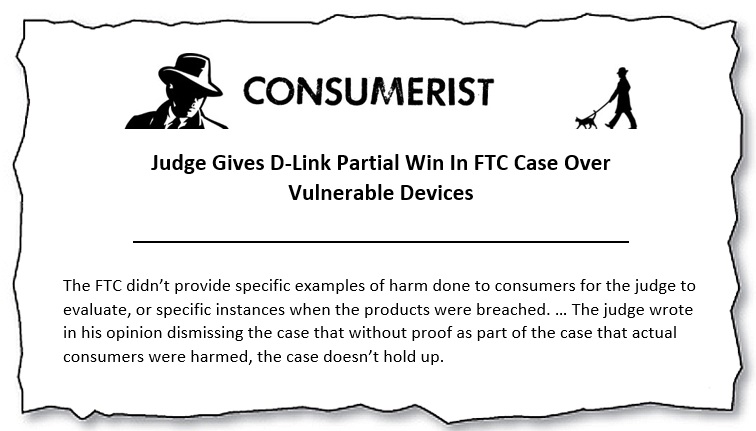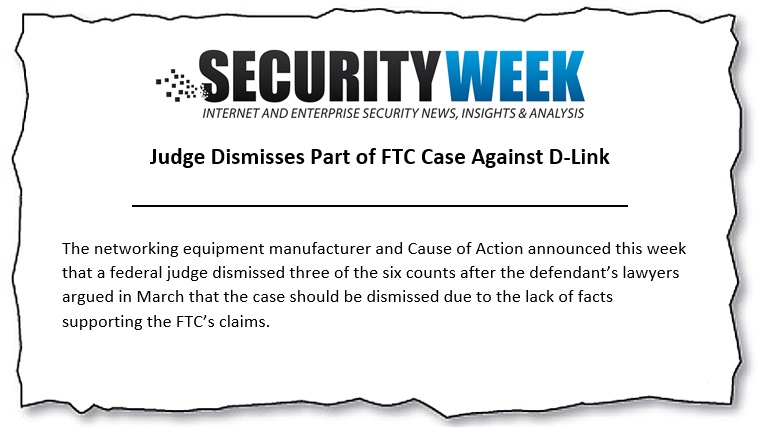Family Business Fights Back Against FTC, Files Appeal After Lower Court Wrongly Granted Injunctive Order
Washington, D.C. – Cause of Action Institute (“CoA Institute”) today filed its opening brief in the 11th Circuit Court of Appeals on behalf of a family-run tech support company, Vylah Tec, LLC (“V-Tec”), after the Federal Trade Commission (“FTC”) used misleading evidence to convince the lower court to grant a damaging injunctive order against the company. V-Tec is a small start-up, owned by Robert Cupo, that provides tech support to customers who have purchased electronic devices from the Home Shopping Network and other shopping channels. V-Tec also generates revenue from selling third-party antivirus and other data security software.
In May, the FTC, in conjunction with the Florida Attorney General’s office, raided the company’s headquarters on suspicion of “deceptive” sales practices, but were unable to uncover any concrete evidence of wrongdoing. In court, the FTC cited two examples of recorded calls that were both mischaracterized. A Florida federal judge granted the government’s request for a preliminary injunctive order (“PI”) that turned the company’s operation over to a third-party receiver and froze the assets of Mr. Cupo and several of his family members. In August, CoA Institute filed a motion to stay the district court’s order. While that decision is still pending, today’s brief is the first in CoA Institute’s appeal of the district court’s decision.
The brief states:
“The PI was granted without benefit of an evidentiary hearing, without application of the proper legal standard for issuing a preliminary injunction, and without application of the proper legal standard for analyzing the likelihood of success on the merits. It was based on untested and facially inadequate factual allegations.
“The Government has conceded that it submitted false evidence and mischaracterized other evidence it offered to the trial court, but it has done nothing to correct the record. To the contrary, the Government insists that the lower court and this Court condone its false evidence to crush a small business and to personally destroy its managers… The Government is seeking to bulldoze V-Tec before this Court can even rule on this appeal. That is not due process, and it certainly is not justice.”
CoA Institute Senior Counsel Cynthia Crawford: “The FTC’s facts in this case are either incomplete or patently false. Without evidence, it was wrong for the district court to grant an order that is draining V-Tec’s finances and destroying its reputation. We urge the 11th Circuit Court of Appeals to reexamine the flawed evidence and allow the Cupo family the due process they deserve, before their company is destroyed.”
The full brief can be found here
For information regarding this press release, please contact Zachary Kurz, Director of Communications at CoA Institute: zachary.kurz@causeofaction.org
D-Link Systems Secures Significant Victory in Court Battle Against FTC
Judge dismisses ‘unfairness’ allegations citing complete lack of consumer harm
SAN FRANCISCO – A federal judge has dismissed three counts against D-Link Systems, Inc. from a complaint brought by the Federal Trade Commission (“FTC”) involving baseless charges regarding the company’s data security practices for its consumer routers and IP cameras. Cause of Action Institute (“CoA Institute”) represents D-Link Systems in its defense.
The Court dismissed the FTC’s Section 5 “unfairness” claim due to the “absence of any concrete facts” supporting the FTC’s allegations of potential consumer harm. The Order states:
The FTC does not identify a single incident where a consumer’s financial, medical or other sensitive personal information has been accessed, exposed or misused in any way, or whose IP camera has been compromised by unauthorized parties, or who has suffered any harm or even simple annoyance and inconvenience from the alleged security flaws in the DLS devices.
In March, Michael Pepson, counsel at CoA Institute, argued before the Court that the case should be dismissed due to, among other things, the lack of facts supporting the government’s claims. Pepson argued that the FTC’s complaint includes only vague, unsubstantiated allegations with no mention of an actual breach of any D-Link product, or any harm to a single consumer.
In response to the ruling, Pepson stated: “We are grateful to the Court for taking the time to hear the arguments, carefully study the questions presented, and issue a well-reasoned decision on D-Link Systems’ motion to dismiss. Cause of Action Institute remains proud to represent D-Link Systems in this litigation.”
For information regarding this press release, please contact Zachary Kurz, Director of Communications at CoA Institute: zachary.kurz@causeofaction.org
CoA Institute Forces FBI to Reveal New Details of Clinton Email Investigation
Washington D.C. – The FBI has revealed previously undisclosed details outlining the scope of its investigation into Hillary Clinton’s email practices as Secretary of State. The disclosure, made Wednesday evening, was a result of Cause of Action Institute (“CoA Institute”) convincing the court to release the secret declaration. In August, U.S. District Court Judge James Boasberg ruled in favor of CoA Institute ordering the government to produce the full declaration that had been filed ex parte and in camera, meaning only the judge had been able to review it.
The declaration reveals the FBI issued several grand jury subpoenas to allies of Mrs. Clinton in instances where there was probable cause to believe those individuals may have received classified information. These subpoenas were issued in addition to subpoenas to her email service providers. The FBI claims it recovered thousands of emails that had previously not been returned to the State Department.
Cause of Action Institute President and CEO John J. Vecchione: “Americans are finally getting important information about the FBI’s efforts to recover the government emails possessed by Hillary Clinton. It’s amazing that this information was only revealed by this suit and not by Congress, the mainstream press, or the administration.”
The full FBI declaration is available here.
For information regarding this press release, please contact Zachary Kurz, director of communications: zachary.kurz@causeofaction.org
CoA Institute Urges Removal of Anti-Transparency Provisions in Senate Bill
On August 16, 2017, Cause of Action Institute (“CoA Institute”) joined other government transparency advocates in sending a letter to Senator John Cornyn objecting to the inclusion of provisions that exempt the implementation of the Building America’s Trust Act [1] (“the Act”) from the requirements of the Administrative Procedure Act (“APA”) and the Paperwork Reduction Act.
In particular, Section 702 of the Building America’s Trust Act specifically exempts any agency actions implementing the Act from “publication in the Federal Register[.]” This exclusion will deprive the American people from learning when provisions of the Act are implemented by federal agencies. This unfortunate provision runs directly counter to the APA’s publication requirement which serves as an essential hallmark of administrative law and promotes transparent and accountable government. Americans’ input into the rulemaking process should not be so easily cast aside. Section 702 relies on the need to ease “the expeditious implementation of this Act” as the justification for the APA exemption. But the APA already allows agencies to exempt rules from publication if good cause is shown.[2] To ensure a transparent and accountable government, agencies implementing the Act should have to demonstrate their good cause for avoiding the APA’s requirements instead of receiving a rubberstamp on binding regulations.
CoA Institute believes that Section 702 should be removed from the Building America’s Trust Act because the APA already contains a good cause exemption that should satisfy the Act’s policy goals without adding new exemptions from the APA’s procedures.
Travis Millsaps is counsel at Cause of Action Institute.
[1] Building America’s Trust Act, S. 1757, 115th Cong. (2017).
[2] 5 U.S.C. § 553.
Trump’s monument review is as secretive as Obama’s designations
 Trump’s monument review is as secretive as Obama’s designations
Trump’s monument review is as secretive as Obama’s designations
By Kara McKenna, counsel at Cause of Action Institute
Presidential use of the Antiquities Act is ripe for abuse, as major decisions impacting vast public lands, natural resources, property rights, livelihoods and private industry are left to the sole discretion of the president. After such a unilateral designation, the president does not need to substantiate his decision in any meaningful way, beyond the use of a few magic words on the face of the proclamation.
It seemed like a positive step when President Trump in April issued an executive order seeking public input for a review of national monument designations over the last two decades. But it now appears that any hope for additional transparency may have been premature. Read the full article at The Hill
